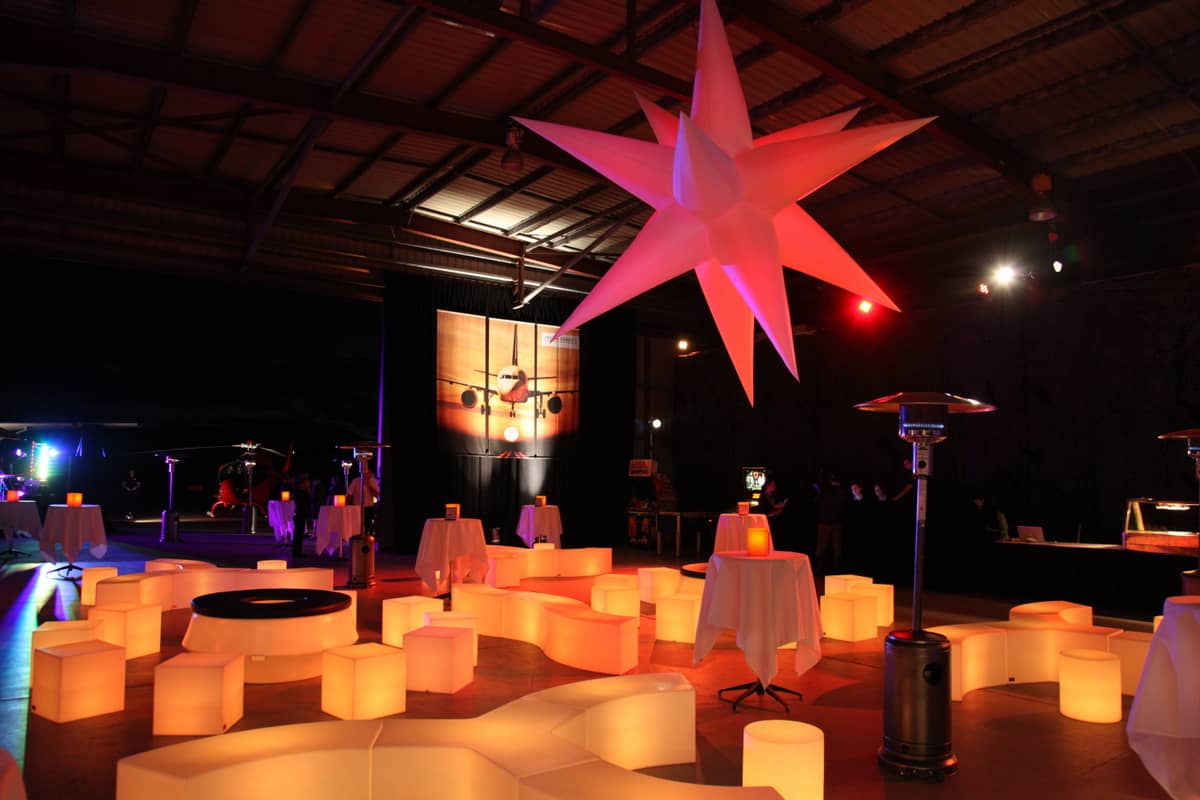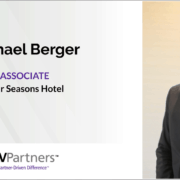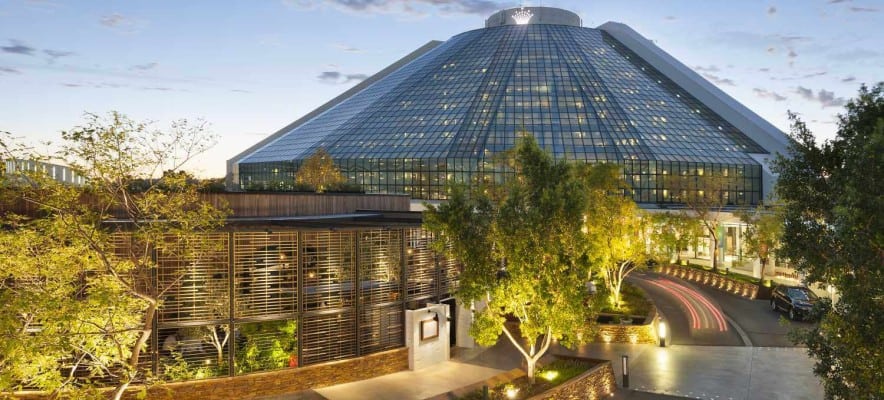How long does it take to plan an event?
Planning events takes a lot of organisation, effort and time. It’s best to start as early as possible and give yourself a checklist so you don’t miss important elements. Lists and spreadsheets will become your best friends. Always make sure you have contingency plans in place for things like unexpected weather or a speaker not being able to present.
Below is a general timeline of some common event tasks that may help you plan your next event. Remember that every event is different, even those held at the same venue, so it’s important to work out a plan that suits your needs.
6-12 months before the event
- Establish the event goals and objectives
- Select a date and choose a venue
- Get cost estimates and create a budget
- Identify speakers and/or entertainers
- Seek out and contact sponsors or partners for the event
3-6 months before the event
- Promote the event through the appropriate channels; for e.g. social media, radio, TV, newspapers
- Establish the audiovisual plan and equipment needed with your AV provider
- Finalise arrangements for speakers and/or entertainers
- Confirm if the venue requires any permits and confirm access for guests such as parking
2 months before the event
- Send reminders to the attendee list
- Follow up with sponsors or event partners
- Release announcements about VIPs or keynote speakers to the media
1 week before the event
- Do a final registration check of names
- Brief your team and volunteers about their event duties
- Finalise the seating plan
- Inform the caterer of final numbers
- Make copies of any speeches, videos or presentations
- Identify where photo opps and interview opportunities will be
1 day before the event
- Ensure all signage is in place
- Do an audiovisual test
- Ensure registration and guest tables are prepared or decorated
- Ensure all promotional items or gifts are on site
The day of the event
- Have copies of all important documents, phone numbers, information and seating charts for the event team
- Ensure the event is running to plan and manage any issues as they arise
- Enjoy the event and the work you have put into it!
After the event
- Send thank you notes or emails to attendees and sponsors
- Post event photos on social media
- Conduct a post event evaluation to assess the event’s success against your initial goals and objectives
Your event will be much more complex than this snapshot alone. We recommend creating a project plan to ensure transparency on all tasks and to ensure they are completed on time.
Need advice on the timing of AV or staging tasks for your event? Contact us.










